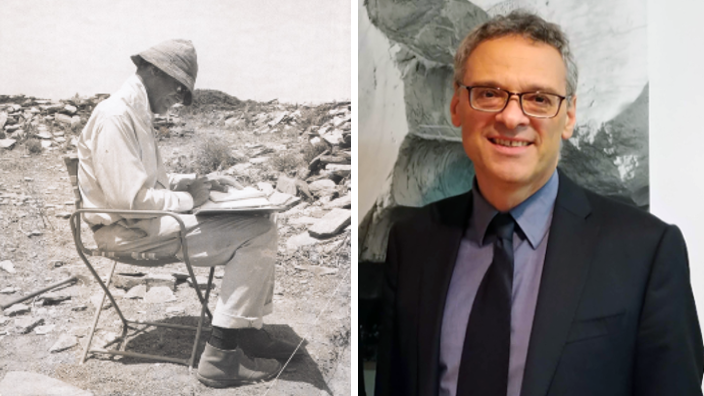Director of the Australian Archaeological Institute at Athens (AAIA), Dr Stavros Paspalas, has always been passionate about classical archaeology, as well as the Greek world’s links with Lydia and the Achaemenid Empire.
This passion, he tells The Greek Herald, is attributable to his first ever field excavation trip to Torone in Halkidiki, Northern Greece. This excavation was directed by the founder of the AAIA, Professor Alexander Cambitoglou AO, who passed away at the age of 97 in 2019.
“I did my undergraduate arts degree at Sydney University and I enrolled in archaeology and then in my third year as a student, Professor Cambitoglou invited me to participate in the excavations he directed at a site in Greece in Halkidiki called Torone. So that was my first link with the Institute and its activities,” Dr Paspalas says.
“It was fantastic. It confirmed me in my belief that I wanted to be an archaeologist. I found it very fulfilling. I was working with people who were totally dedicated to their passion.”
Dr Paspalas went on to complete his Bachelors (Hons) and Masters (Hons) degrees at the University of Sydney and his doctorate from the University of Oxford. He even became involved with other field projects including the Zagora Archaeological Project, which he co-directs with Professor Margaret Miller and Associate Professor Lesley Beaumont from the University of Sydney.
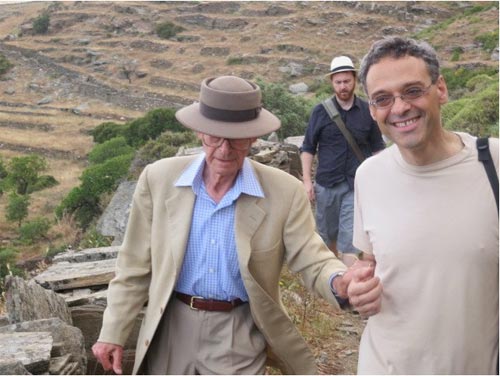
During this time, Dr Paspalas’ ties with the AAIA also strengthened as he was appointed Deputy Director of the Institute in 1996, Acting Director in March 2016 and Director in 2020, after Professor Cambitoglou’s death.
The contribution of Professor Cambitoglou to the AAIA:
The AAIA is a research and education facility at the University of Sydney (USYD) focused on Greek and Mediterranean studies, with an emphasis on archaeological fieldwork. The Institute was founded in 1980 by Professor Cambitoglou.
Born in Thessaloniki in 1922, Professor Cambitoglou was the first person of Greek background to be appointed to a university professorship in Australia, as Professor of Classical Archaeology in 1963. He taught at USYD from 1961 to 1989 and was curator of the Nicholson Museum for 37 years from 1963 until 2000.
With these archaeological credentials and strong connection to Greece, it’s no surprise then that the Professor wanted to establish the AAIA.
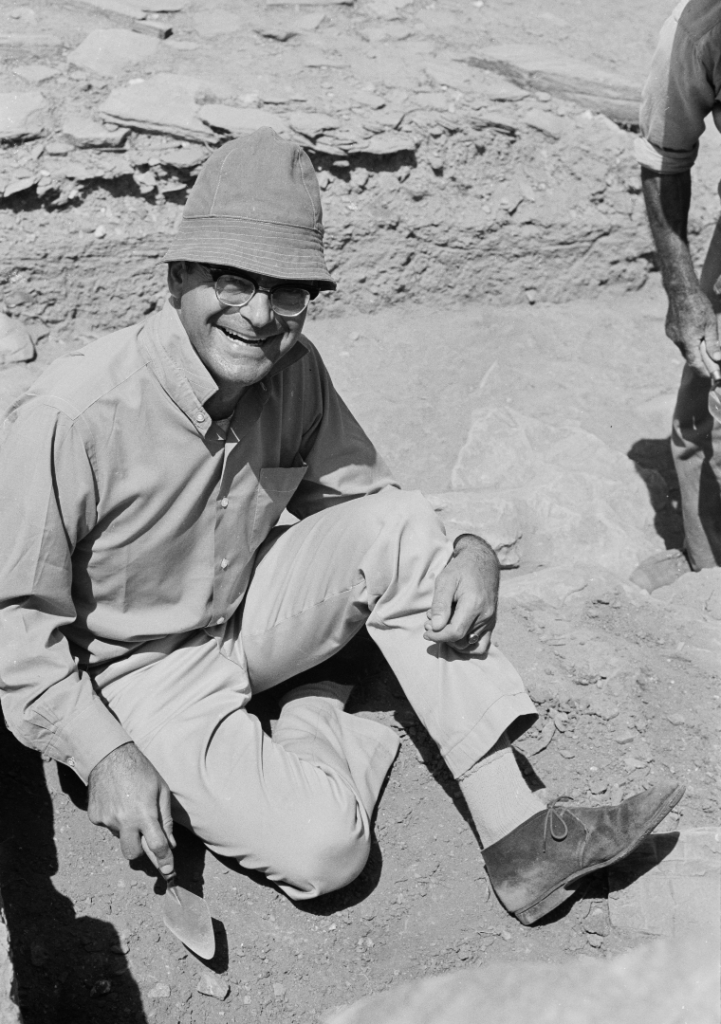
“He established the first Australian archaeological expedition to Greece… but he knew that for Australia to have a real presence in the archaeological scene in Greece, it had to be set on a firmer footing and that did require an Institute,” Dr Paspalas explains.
“So in 1980 all his work came to fruition. He established the Institute and it was recognised by the Greek Ministry of Culture. He had a lot of help, of course, here in Australia, at the University of Sydney, at other universities, amongst the Greek community.
“But there’s no doubt he was the person who conceived it and saw it through to completion. I mean he wasn’t one of these people who was an ‘ivory tower’ academic… he very much valued rigorous and strenuous academic research, but he also knew that this had to have relevance to the wider world.”
This belief saw the AAIA become a major force in the growth of Australian participation in Greek archaeology and nowadays, it provides hundreds of research opportunities, scholarships and fellowships. It also offers practical assistance to Australian students and scholars to further their research and share it both nationally and internationally.
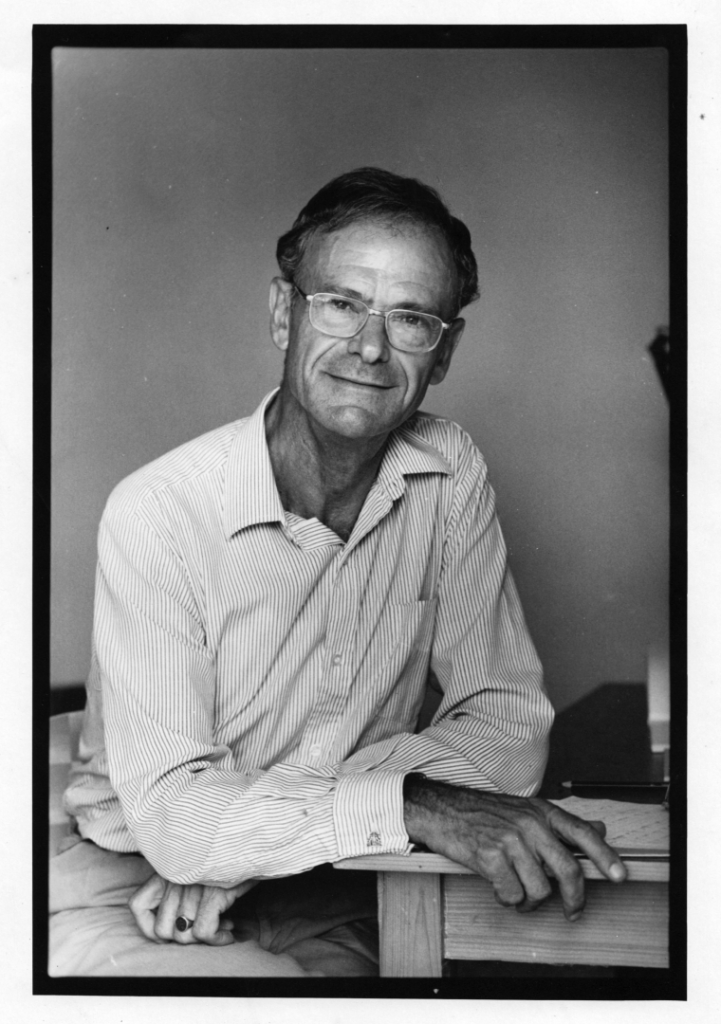
‘We’re looking at expanding our footprint’:
This important work was boosted even further recently after the AAIA was bequeathed $6 million by the late Professor Cambitoglou. This extensive funding will ensure the Institute is able to continue producing up-to-date information and research about Greek archaeology for the Australian public.
READ MORE: USYD’s Australian Archaeological Institute receives $6m bequest from Professor Alexander Cambitoglou AO.
“This bequest will allow the Institute to further increase its activities. It will allow it to make sure it is at the forefront of Australian – Greek relations, particularly on the academic field and… the dissemination of up-to-date information to the wider, interested public,” Dr Paspalas says.
“So its activities will undoubtedly benefit from this donation. It definitely sets it on a firmer economic footing.”
From there, Dr Paspalas says, the AAIA will also be able to focus on expanding its future reach to a broader audience.
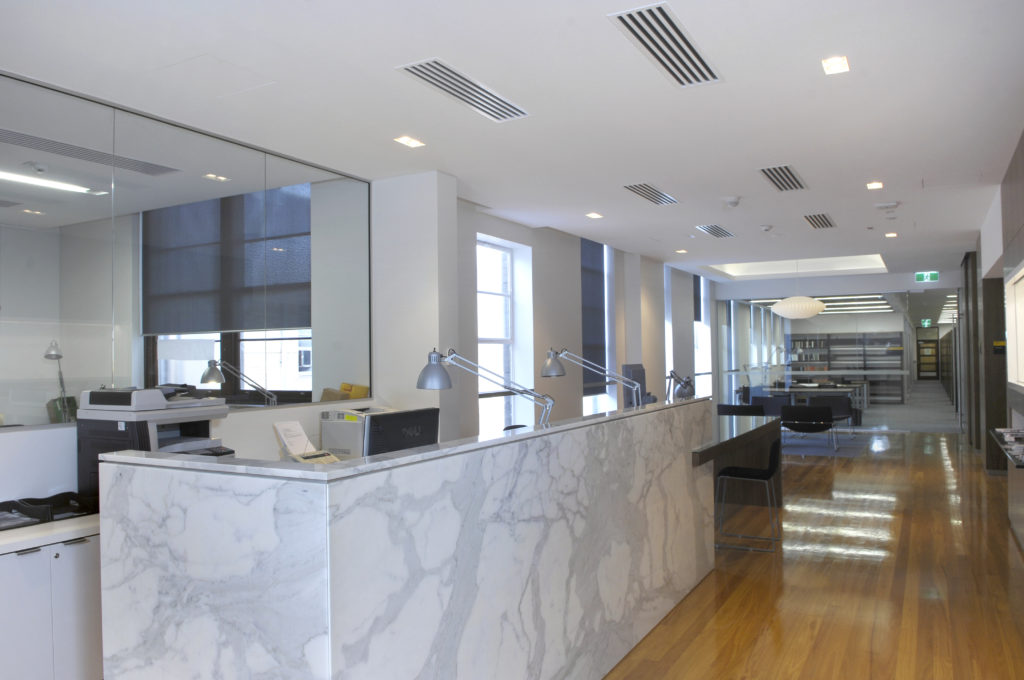
“We are looking at extending our footprint, if I can say it that way, in Australia and making ourselves known to a far wider audience,” Dr Paspalas says.
“We also, in collaboration with archaeologists around the country, are alive and willing to look into the possibilities of establishing… new archaeological fieldwork projects in Greece for a number of reasons. They generate new information, that’s always good, but also very importantly, they allow in-situ education for Australian students which is paramount.
“So we will continue advancing on the educational front, the public engagement front, the research front and the publication front.”
From what Dr Paspalas says, it’s clear there’s a very bright future ahead for the AAIA.

